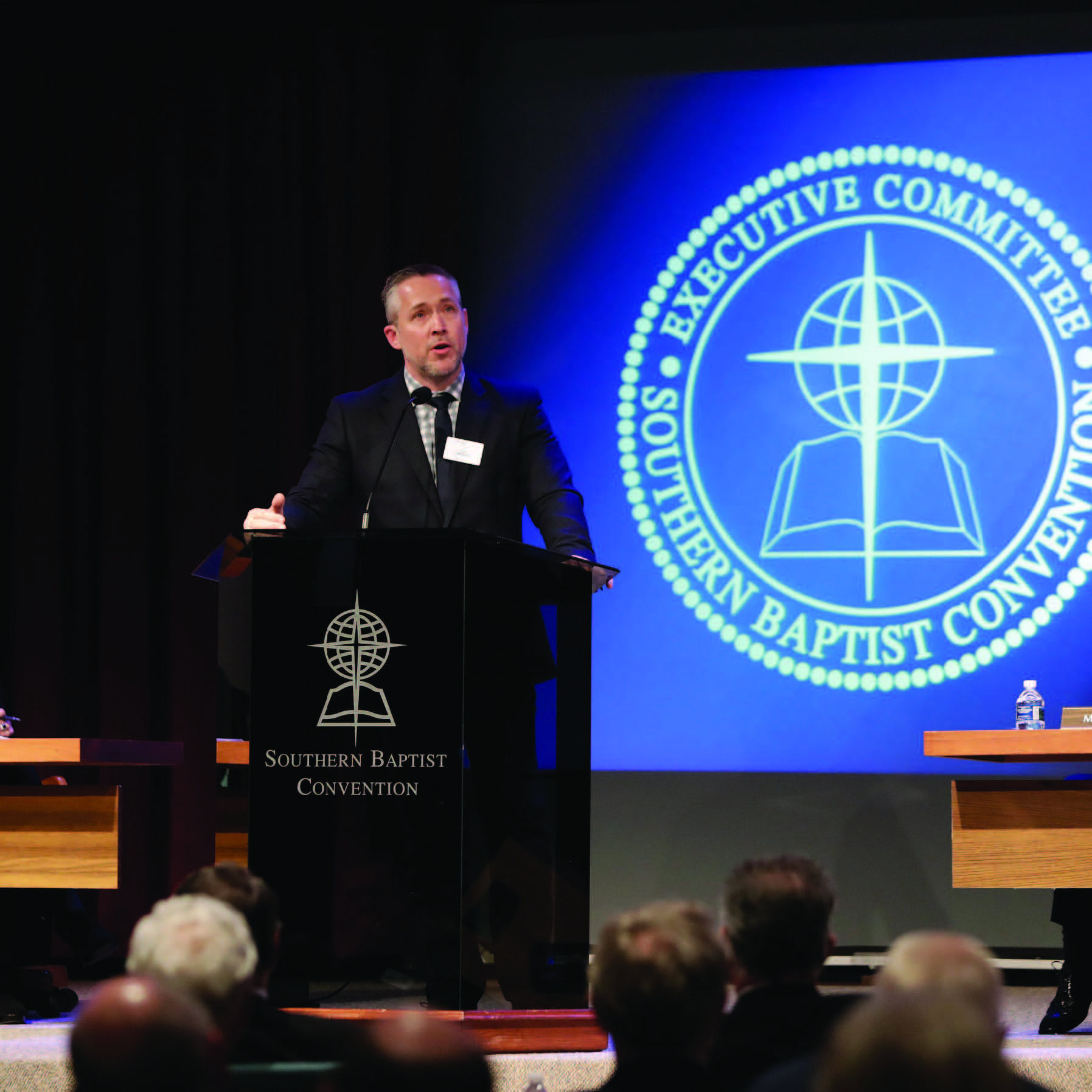
The Southern Baptist Convention (SBC) has been in the spotlight lately, not only for its national meeting in early June, but also for the way that the 14 million-member denomination is said to reflect the wide-ranging changes evangelicalism is undergoing. In the space of a few months, the church body has undergone its own “racial reckoning” over the controversial “critical race theory” (CRT), a continuing scandal over clergy sexual abuse, and rumors of an impending schism between ultraconservatives and the SBC mainstream over church teachings and politics. In the conservative political web magazine The Dispatch (June 20), journalist David French frames the SBC story as a struggle between evangelicals and politicized fundamentalists, with the former decisively winning. The election of Ed Litton, who is known more as a “pastor than a culture warrior,” represented this toned-down evangelical approach, stressing racial reconciliation and addressing clerical sex abuse. French reports that the convention also watered down a pro-life statement that would have rejected incrementalist approaches to ending abortion and refrained from a clear condemnation of CRT while retaining an earlier critical statement on the theory. Outgoing president J.D. Greear publicly expressed his regret that the SBC had gained a reputation as a political organization during the past few years. French concludes that by taking the above actions the SBC has effectively given the “nation hope that a commitment to a faith carries with it a commitment to morality, and that morality can be centered in both justice and grace.”
For its part, the conservative Reformed newsletter, the Aquila Report (June 21), views the SBC meeting as mainly a victory for “elitists and woke-minded Southern Baptists,” adding that “Southern Baptists should stop and remember that Ed Litton won that race by 556 votes. Despite all of the attempts by the platform personalities to assure us that we are united and ‘together on mission,’ there is no denying that the division within the SBC right now is real.” Giving further play to this populist framing of church politics as a vehicle of elite control, the newsletter continues: “There were two types of Southern Baptists in the convention hall: those who wanted open discussion and opportunity to repudiate Critical Race Theory and Intersectionality vs. those who wanted to avoid addressing those ideologies by name; those who wanted the voices of hundreds of Southern Baptists to be heard (through the submission of this resolution by more than 1300 church members) vs. those (primarily the Resolutions Committee chaired by James Merritt) who wanted those voices silenced….”

Source: Associated Press / New York Times.
Meanwhile, in an interview in Vox (June 18), ex-evangelical philosopher Greg Thornbury provides the standard interpretation of the SBC and evangelicalism that has occupied the mainstream media for the last several years, viewing these developments largely in terms of politics and polarization. Thornbury points to how the SBC faces a “long-term numbers crisis,” as shown by recent sharp drops in baptisms. He says that Litton will maintain the denomination’s right-wing Republican tendencies, which have only grown during the Trump years, causing a continuing alienation among the younger generations who are moving to the left. The main reason the ultra-conservative candidate Mike Stone and his Conservative Baptist Network didn’t win at the convention was because delegates were “tired of all of this negative press attention and all this politics” and concerned that it could result in a replay of the “purge” of moderates from the denomination that took place in the 1970s and 1980s.